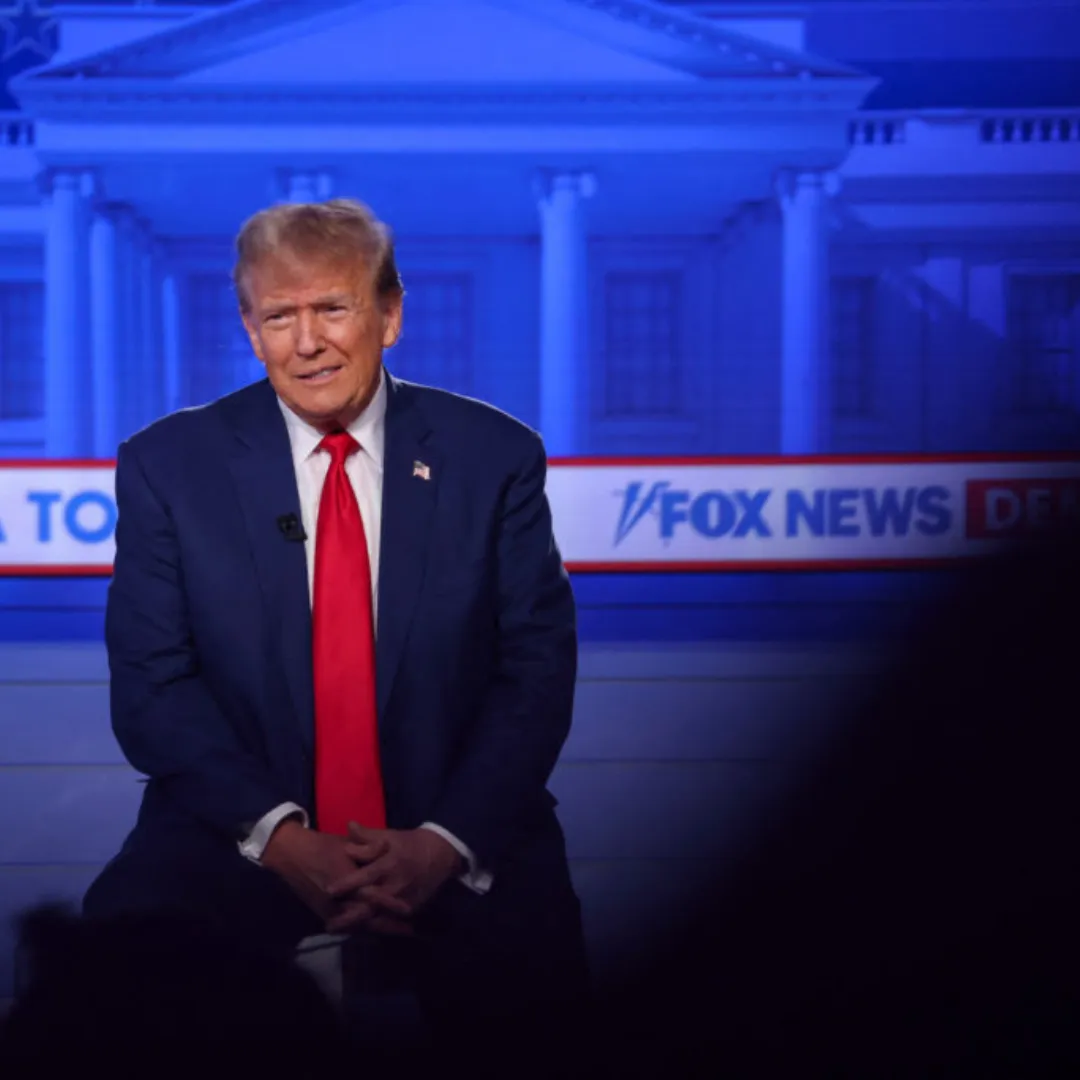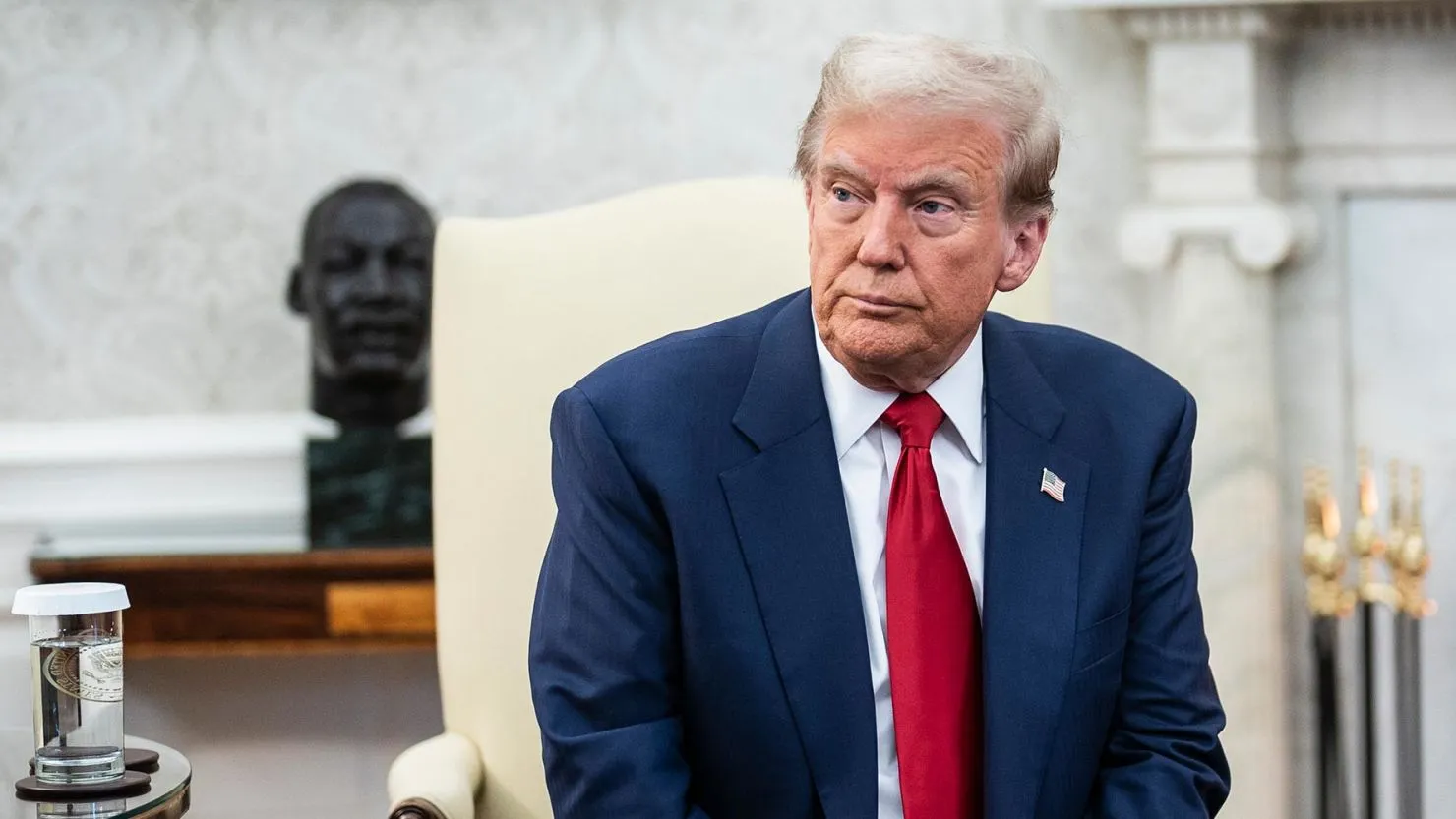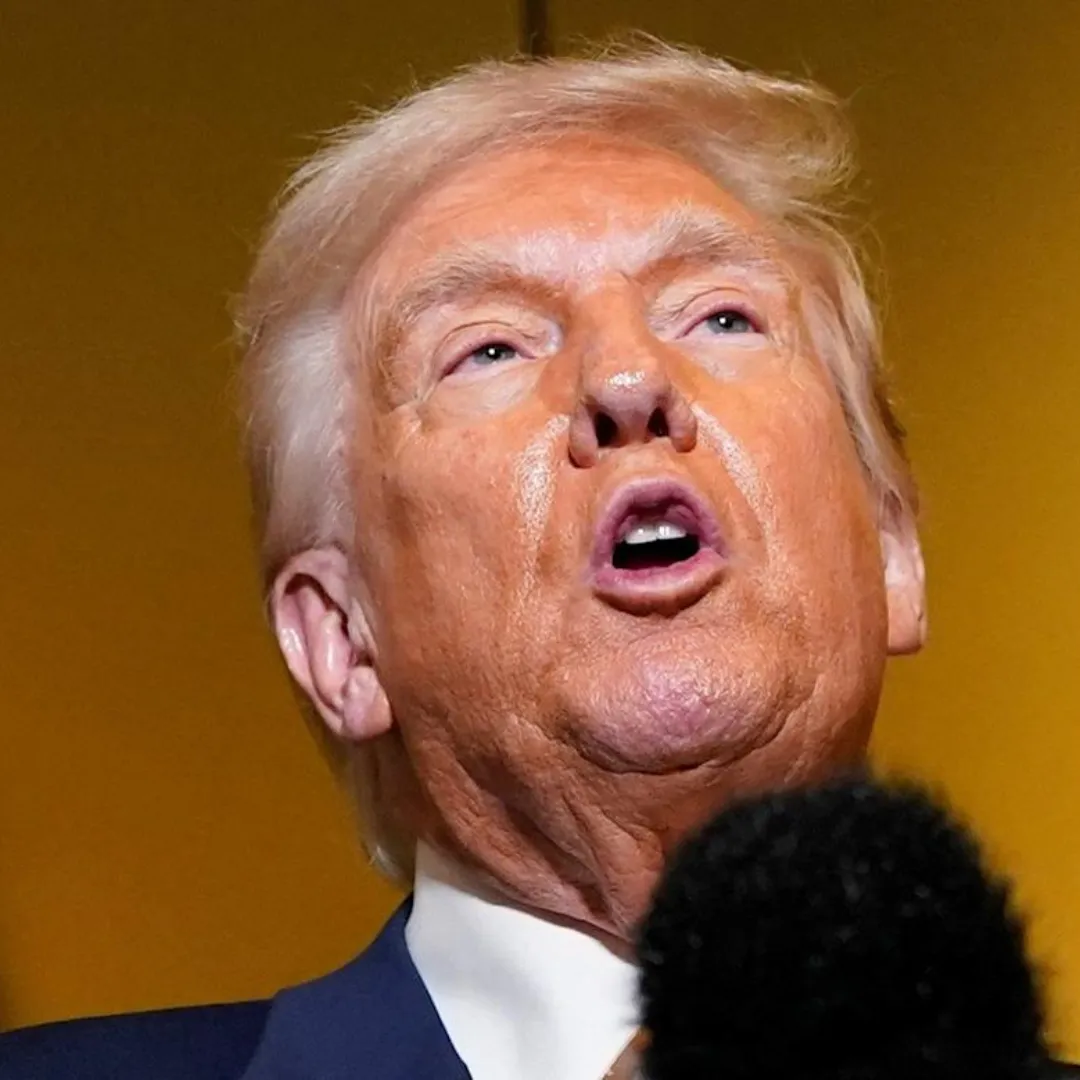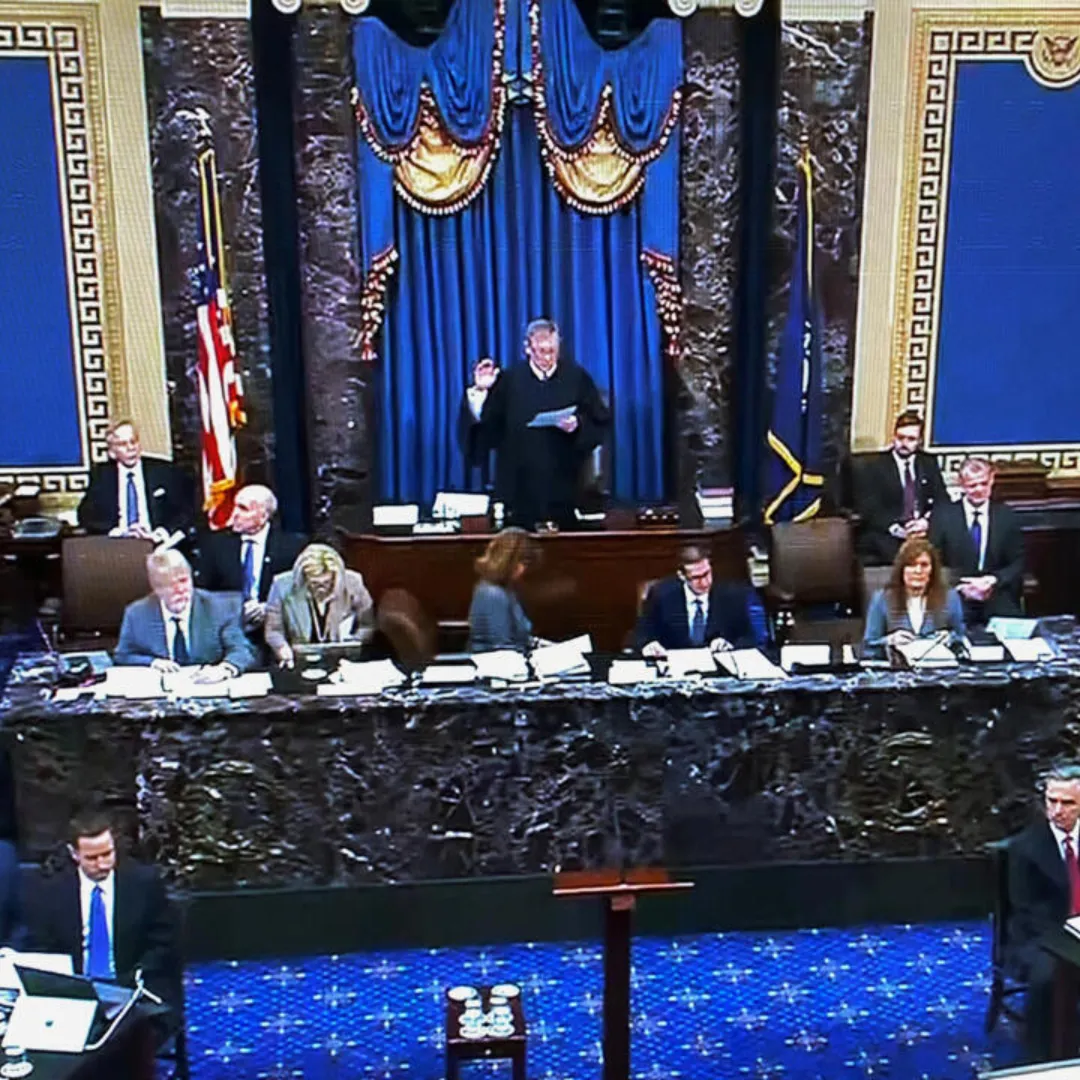
Support for the Republican Party has declined under President Donald Trump, according to new polling data released this month, raising concerns among GOP leaders ahead of the 2026 midterm elections. The numbers show a shift in voter sentiment that could threaten Republican control of the House of Representatives.
In a survey conducted on April 16 by RMG Research for the Napolitan News Service, 48 percent of registered voters said they would vote for the Democrat on their ballot if congressional elections were held today.
In comparison, 44 percent said they would support the Republican candidate. When those who lean toward one party or the other were included, support for Democrats rose to 50 percent, while Republican support increased to 45 percent.
This result represents a significant swing since February. At that time, before Trump’s second inauguration on January 20, Republicans held a seven-point lead over Democrats, with 51 percent support compared to 44 percent for the opposition. In the span of just two months, the gap has not only closed but reversed in favor of Democrats.
The poll, which surveyed 1,000 registered voters, had a margin of error of plus or minus 3.1 percentage points.
The findings add to a growing list of concerns for Republicans who currently hold a narrow majority in the House of Representatives. With control of the chamber possibly hinging on just a few seats, a shift in voter preference could hand Democrats a majority after the 2026 midterms.
Political analysts and party strategists are closely watching the trends, particularly as they relate to President Trump’s early actions during his second term. His administration has pursued an aggressive agenda, which includes a wave of executive orders, renewed trade tariffs, and reversals of environmental protections.

While Trump retains strong support among many Republican voters, his broader approval ratings have taken a hit. A separate poll conducted by CNBC found that 55 percent of Americans disapprove of Trump’s handling of the economy, compared to 43 percent who approve.
It is the first time a CNBC survey has shown the president with a net negative rating on economic issues.
Economy-related concerns have become a central issue for voters across the political spectrum. Another April survey by the Napolitan News Service found that 42 percent of respondents said they trust Democrats more than Republicans to manage inflation. Only 38 percent said they trust Republicans more.
The polling data suggests that voter confidence in the GOP’s handling of key issues such as the economy, inflation, and fiscal policy may be eroding. For the first time since May 2021, Republicans are being viewed as less trustworthy than Democrats when it comes to managing the nation’s finances.
This shift is particularly notable given that Republicans have historically positioned themselves as the party of economic responsibility. Now, voters appear to be reassessing that perception, potentially as a result of Trump’s controversial policy choices and the tone of his leadership.
William F. Hall, an adjunct professor of political science and business at Webster University in St. Louis, Missouri, previously commented on the trend in an interview.
"It is my opinion, increasingly, in view of the extremely negative ratings experienced by a Republican-led Administration, it does appear that, barring some highly unlikely unforeseen circumstances, the midterm elections will bring about a major shift in the makeup of the House of Representatives, with an overwhelming victory for Democratic House candidates," Hall said.
"This view reflects the negative ratings held by a Republican-led Administration, virtually in every significant category, related to political success, including the state of the economy, employment, inflation and especially lack of optimism being displayed by the vast number of Americans."
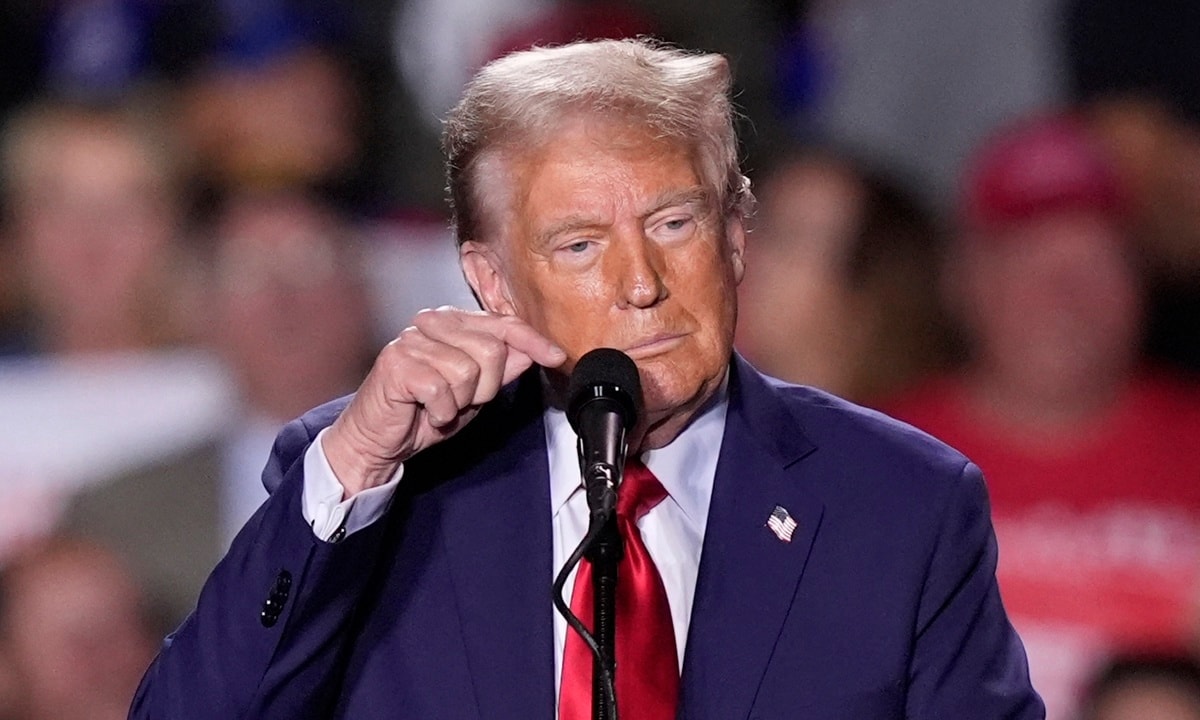
The upcoming elections, scheduled for November 2026, will be the first major nationwide vote since Trump returned to office. With Republicans defending a narrow House majority, the stakes are high for both parties.
Democrats see the polling as a promising sign that voters are open to change. Party officials have already begun mobilizing resources for key battleground districts, and early fundraising reports show strong enthusiasm among the Democratic base.
Republicans, meanwhile, face the challenge of recalibrating their message while maintaining unity under Trump’s leadership. Some GOP lawmakers are expressing concern behind the scenes, warning that the party’s current trajectory could cost them control of Congress.
Despite the declining poll numbers, Trump remains defiant. In recent appearances, he has defended his economic policies and pointed to low unemployment and increased defense spending as major successes of his administration.
"We’re bringing jobs back, we’re putting America first, and we’re not backing down from anyone," Trump said at a recent rally in Michigan. "The fake polls and fake news won’t stop us."
Trump also dismissed reports of Republican losses in voter confidence as exaggerated and politically motivated.
Still, even some of the president’s allies acknowledge that the party must take the poll numbers seriously. Conservative strategists have urged the administration to reframe its messaging and focus on pocketbook issues, including rising prices and interest rates.
"There’s no question we have work to do," said one GOP consultant. "We need to talk about what matters most to voters—lower costs, better jobs, and a safer country. That message got lost in the noise."
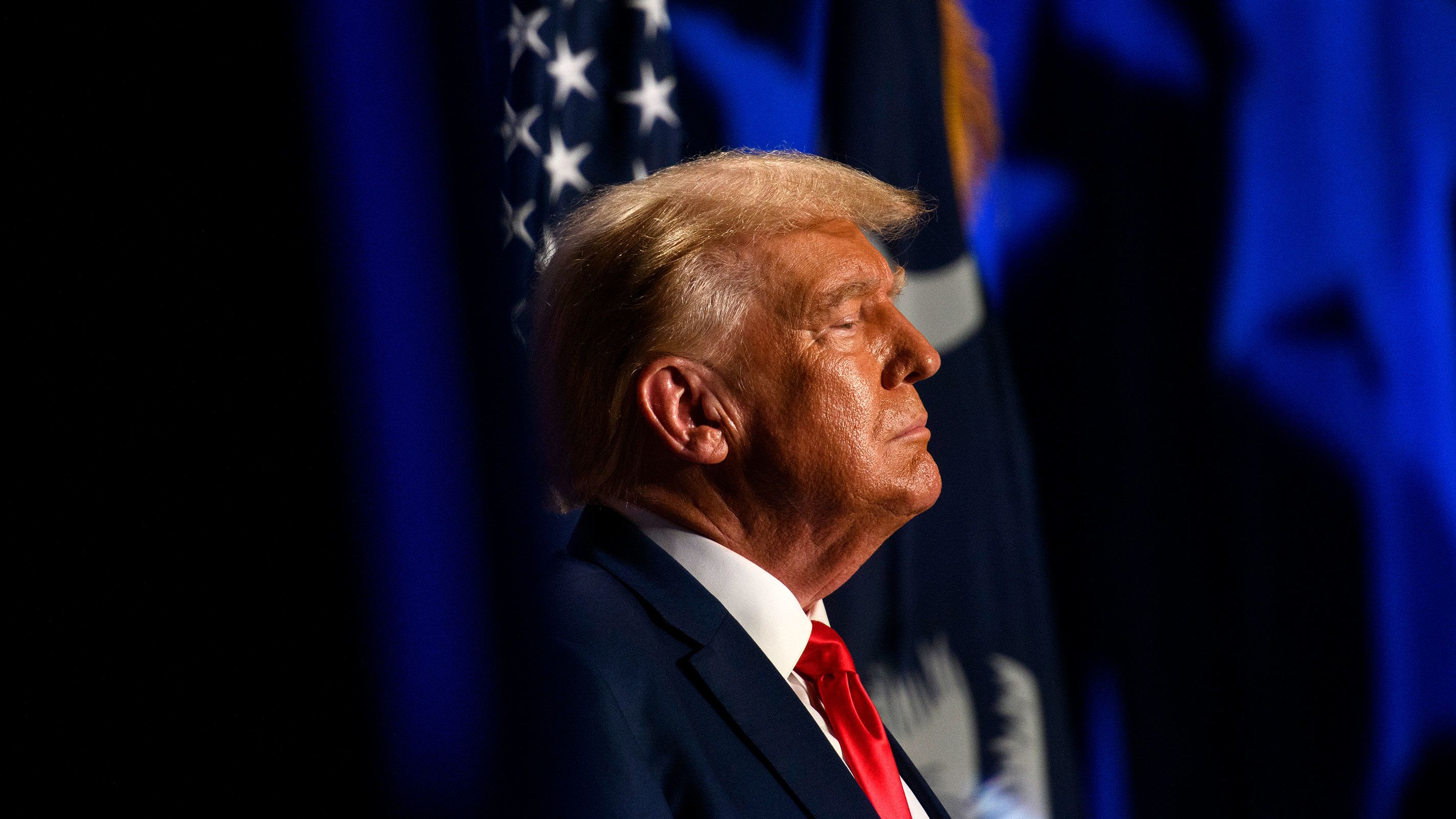
Others are calling on Republican leadership to distance itself from the more controversial aspects of Trump’s style and focus instead on results. While Trump remains the dominant figure in the party, some lawmakers are beginning to publicly express concern about how his presence could impact competitive races.
Representative Lisa Carmichael, a Republican from a suburban district in Pennsylvania, said her focus is on local issues, not national political fights.
"My constituents want to know how we’re going to lower their grocery bills, fix their roads, and keep their kids safe at school," Carmichael said. "That’s what I’m focused on—not the latest drama out of Washington."
Some political observers believe that as economic uncertainty continues, voter opinions will remain fluid. They caution that while current polling suggests a trend, public opinion can shift quickly based on new developments, legislation, or unforeseen events.
Public perception, they say, will be shaped in the months ahead not just by rhetoric but by results. How both parties respond to key challenges—economic, social, and international—will play a crucial role in determining the outcome of the midterms.
The latest numbers come as Republicans work to advance several major policy proposals, including new tax legislation, education reforms, and national security measures. These efforts are being closely watched, especially in districts where voters are showing signs of fatigue with political polarization.
Meanwhile, Democrats are focusing on presenting a united front and have ramped up messaging around economic fairness, healthcare access, and restoring environmental protections rolled back by the Trump administration.
In the coming months, both parties will be rolling out campaign strategies targeting undecided voters and key demographics. Young voters, suburban women, and independents are expected to be especially influential in determining the balance of power in Congress.
For now, the momentum appears to be shifting in the Democrats’ favor—but with more than a year to go before the election, the political landscape remains unpredictable.
As voters continue to evaluate their options, new polling data will serve as an important gauge of the public’s mood. For Republicans, the latest numbers are a warning sign that their current approach may not be resonating with the broader electorate. For Democrats, they offer a renewed sense of opportunity—but also a reminder that winning back the House will require a disciplined, focused campaign.
With President Trump facing increasing criticism and his party showing signs of strain, the road to 2026 is shaping up to be one of the most contested and consequential midterm cycles in recent memory.

